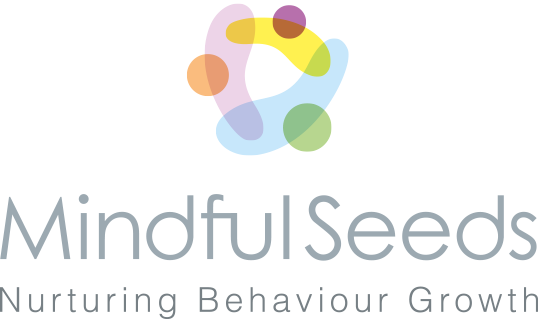“The Role of ABA Early Intervention in Building Social Skills for Children with Autism”
Children with autism often struggle with developing social skills, which can make it challenging for them to interact with others and build meaningful relationships. However, Applied Behavior Analysis (ABA) early intervention has been shown to be highly effective in helping children with autism build the social skills they need to thrive. ABA early intervention focuses on teaching children with autism positive behaviors and social skills through a variety of techniques, such as reinforcement, prompting, and modeling. By breaking down social interactions into smaller, more manageable steps, ABA therapists can help children with autism learn how to communicate effectively, make friends, and navigate social situations with confidence. One of the key benefits of ABA early intervention is its individualized approach, which allows therapists to tailor their strategies to meet the specific needs of each child. This personalized approach not only helps children with autism learn at their own pace, but also ensures that they receive the support and encouragement they need to succeed. Through ABA early intervention, children with autism can learn important social skills, such as making eye contact, initiating conversations, and understanding social cues. These skills not only help children with autism build relationships with their peers, but also enable them to participate more fully in social activities and events. Overall, ABA early intervention plays a crucial role in helping children with autism develop the social skills they need to thrive. By providing individualized support and teaching important social skills, ABA therapists can help children with autism build confidence, make friends, and navigate the social world with ease. With the right support and guidance, children with autism can reach their full potential and lead fulfilling, socially connected lives.“How ABA Early Intervention Can Help Children Reach Developmental Milestones”
ABA (Applied Behavior Analysis) early intervention is a proven approach that has helped countless children with developmental delays reach important milestones in their growth and development. By focusing on identifying and changing specific behaviors, ABA therapy can help children make significant progress in areas such as communication, social skills, and daily living skills. One of the key ways that ABA early intervention can help children reach developmental milestones is by providing structured and consistent support. ABA therapists work closely with children to create individualized treatment plans that target specific goals and objectives. Through regular sessions and ongoing assessment, therapists can track progress and make adjustments as needed to ensure that children are making steady progress towards their developmental milestones. Another important aspect of ABA early intervention is the use of positive reinforcement. By rewarding desired behaviors with praise, rewards, or other incentives, children are motivated to continue working towards their goals. This positive reinforcement helps children build confidence and self-esteem, which can further enhance their progress and development. Furthermore, ABA therapy focuses on teaching children new skills in a systematic and step-by-step manner. Therapists break down complex tasks into smaller, more manageable steps, making it easier for children to learn and master new skills. By building on each success, children can gradually progress towards more advanced developmental milestones. Overall, ABA early intervention can be a powerful tool in helping children with developmental delays reach their full potential. By providing structured support, positive reinforcement, and systematic teaching methods, ABA therapy can empower children to overcome challenges and achieve important developmental milestones. With the right support and guidance, children can thrive and succeed in all areas of their development.- What is ABA Early Intervention? ABA Early Intervention is a type of therapy that uses the principles of Applied Behavior Analysis (ABA) to help children with developmental delays or disabilities improve their social, communication, and learning skills at a young age.
- How is ABA Early Intervention different from other types of therapy? ABA Early Intervention is unique in that it focuses on using positive reinforcement and behavior modification techniques to teach new skills and reduce challenging behaviors. It is highly structured and individualized to meet the specific needs of each child.
- How long does ABA Early Intervention typically last? The length of time a child participates in ABA Early Intervention can vary depending on their needs and progress. Some children may only need a few months of therapy, while others may benefit from ongoing intervention for several years.
- What are the benefits of ABA Early Intervention? Research has shown that ABA Early Intervention can lead to significant improvements in areas such as communication, social skills, and behavior regulation. It can also help children develop important life skills that will benefit them as they grow and transition into school and adulthood.




Comments